NPR Morning edition story
prairiechuck1
20 years ago
Related Stories
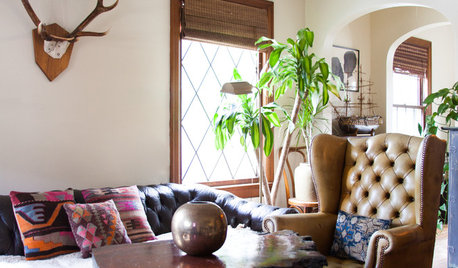
HOUZZ TOURSMy Houzz: Vintage Furnishings With Stories to Match
A photographer and a musician make their 600-square-foot Seattle apartment their home with carefully curated secondhand finds
Full Story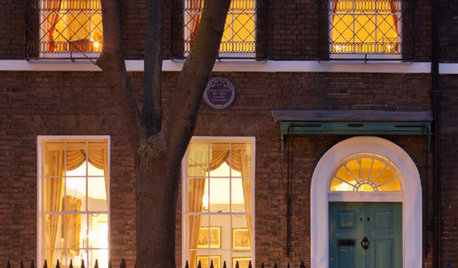
HOMES AROUND THE WORLDSee the Home Where Charles Dickens Wrote Some of His Classic Stories
On December 17, 1843, ‘A Christmas Carol’ was published, and we’re celebrating with a tour of the famed author’s home
Full Story
DECORATING GUIDESEdit Keepsakes With Confidence — What to Let Go and What to Keep
If mementos are weighing you down more than bringing you joy, here's how to lighten your load with no regrets
Full Story
FUN HOUZZ‘Game of Thrones’: The Home Edition
In honor of the HBO show’s Season 6 premiere Sunday, we offer a collection of more functional seating worthy of Westeros and beyond
Full Story
LIFELate Again? Eliminate the Things Holding You Up in the Morning
If you find yourself constantly running late for appointments, work and get-togethers, these tips could help
Full Story
HOLIDAYSHouzz Call: Share Your Personal Holiday Traditions
What winter rituals mean the most to you and yours? Post your stories and pictures
Full Story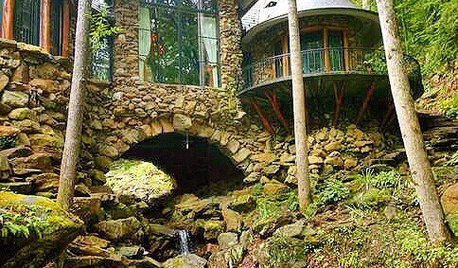
FUN HOUZZ31 True Tales of Remodeling Gone Wild
Drugs, sex, excess — the home design industry is rife with stories that will blow your mind, or at least leave you scratching your head
Full Story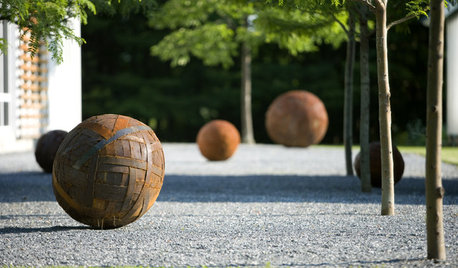
LANDSCAPE DESIGNWhat Kind of Gardener Are You? Find Your Archetype
Pick from our descriptions to create a garden that matches your personality and tells your story
Full Story
ECLECTIC HOMESMy Houzz: A Basketball Court, a Rooftop Kitchen and More in Manhattan
This 5-story tour de force by the stars of ‘9 by Design’ puts the focus on family, work and fun
Full Story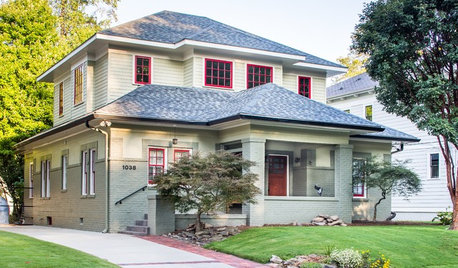
CRAFTSMAN DESIGNHouzz Tour: Thoughtful Renovation Suits Home's Craftsman Neighborhood
A reconfigured floor plan opens up the downstairs in this Atlanta house, while a new second story adds a private oasis
Full Story





Peter_in_Az
chicagonative
Related Professionals
Glendora Landscape Architects & Landscape Designers · Anderson Landscape Contractors · Barrington Landscape Contractors · Blue Springs Landscape Contractors · Wentzville Landscape Contractors · Quartz Hill Landscape Contractors · York Decks, Patios & Outdoor Enclosures · Arbutus Decks, Patios & Outdoor Enclosures · Bonney Lake Decks, Patios & Outdoor Enclosures · Centreville Decks, Patios & Outdoor Enclosures · Hayward Decks, Patios & Outdoor Enclosures · Larkspur Decks, Patios & Outdoor Enclosures · Stafford Decks, Patios & Outdoor Enclosures · Verona Decks, Patios & Outdoor Enclosures · Glendale Decks, Patios & Outdoor Enclosuresveronicastrum
ahughes798
chicagonative
lycopus
lrobins
lycopus
ahughes798
veronicastrum
lycopus
lycopus